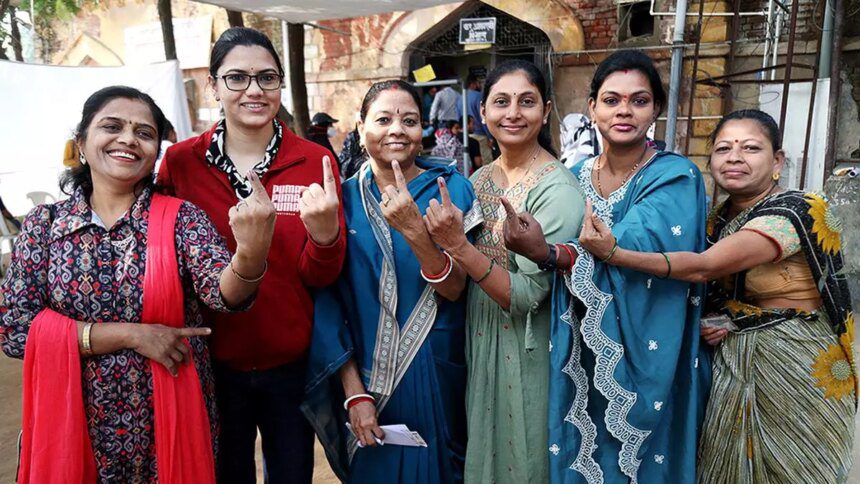The Chief Minister Majhi Ladki Bhagin scheme, initially celebrated as a transformative welfare initiative by the State government, has recently become embroiled in a political controversy. Just months before the State elections, then Chief Minister Eknath Shinde, together with his deputies Devendra Fadnavis and Ajit Pawar, allocated an astonishing ₹450 crore to the bank accounts of five lakh women. At the time, this move was credited with helping the BJP-led coalition secure a significant electoral win. However, in the aftermath of the elections, the same beneficiaries have been declared ineligible for the program, igniting widespread outrage.
These five lakh women were part of a larger group of approximately 2.5 crore women who benefited from the scheme. Reports suggest that the government may soon issue additional notices to declare many more women ineligible.
The decision to disqualify these five lakh women—only weeks after leveraging their support for electoral gains—has led to allegations of voter bribery and misappropriation of public funds. Detractors contend that the initiative was essentially a political strategy disguised as a welfare program. Moreover, the government’s announcement that it will not seek to recover the ₹450 crore already distributed raises serious concerns about accountability and the motive behind the original disbursement.
Women and Child Development Minister Aditi Tatkare defended the government’s actions, stating that post-election assessments were necessary to ensure that only eligible recipients benefit from the scheme. Tatkare explained that the disqualified women did not meet the program’s strict criteria: some were older than 65, others were already recipients of welfare schemes like the Sanjay Gandhi Niradhar Yojana or the Namo Shakti Yojana, and a few were found to own four-wheelers, thus disqualifying them based on the income limit of ₹2.5 lakh per year.
Tatkare reassured the public that the funds distributed between July and December 2024 would not be reclaimed, but these women would no longer receive future payments. The scheme, which offers a monthly stipend of ₹1,500 to eligible women aged 21 to 65, is now under scrutiny, as many question the timing of the disqualifications, viewing it as a politically motivated backlash.
Social activists and opposition leaders have accused the government of betraying public trust and using taxpayer money for electoral advantage. They have been vocal in their condemnation, labeling the initiative a “pre-election bribe.” They argue that the government’s sudden acknowledgment of these women’s ineligibility—conveniently revealed only after the elections—seems to indicate a well-planned political tactic.
As the situation evolves, the number of disqualified beneficiaries could increase, with ongoing evaluations likely to uncover more cases of ineligibility.










